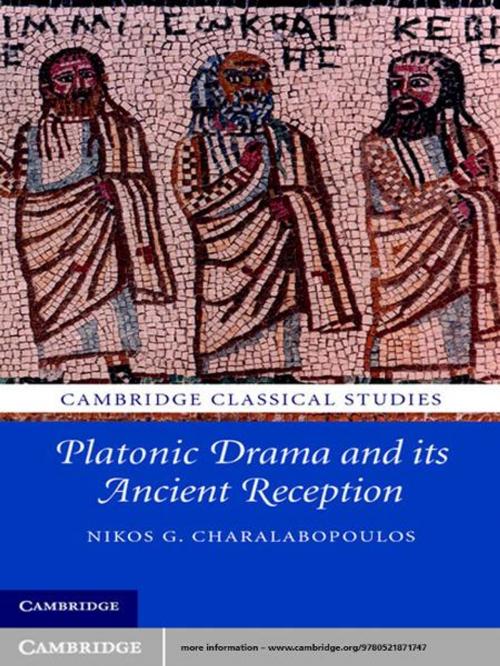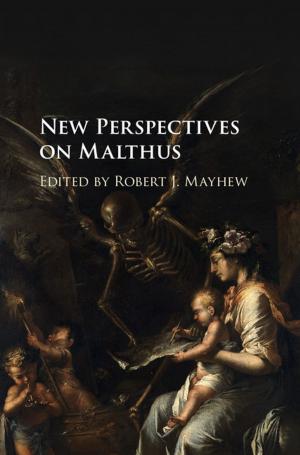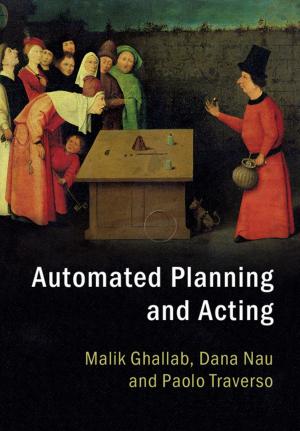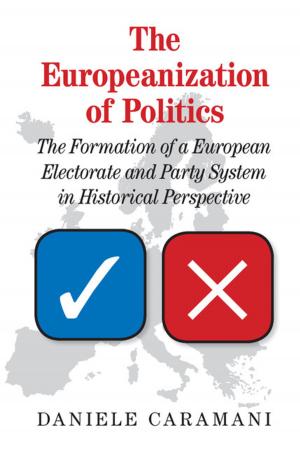Platonic Drama and its Ancient Reception
Fiction & Literature, Literary Theory & Criticism, Nonfiction, Religion & Spirituality, Philosophy, History| Author: | Nikos G. Charalabopoulos | ISBN: | 9781139334068 |
| Publisher: | Cambridge University Press | Publication: | April 5, 2012 |
| Imprint: | Cambridge University Press | Language: | English |
| Author: | Nikos G. Charalabopoulos |
| ISBN: | 9781139334068 |
| Publisher: | Cambridge University Press |
| Publication: | April 5, 2012 |
| Imprint: | Cambridge University Press |
| Language: | English |
As prose dramatic texts Plato's dialogues would have been read by their original audience as an alternative type of theatrical composition. The 'paradox' of the dialogue form is explained by his appropriation of the discourse of theatre, the dominant public mode of communication of his time. The oral performance of his works is suggested both by the pragmatics of the publication of literary texts in the classical period and by his original role as a Sokratic dialogue-writer and the creator of a fourth dramatic genre. Support comes from a number of pieces of evidence, from a statue of Sokrates in the Academy (fourth century BC) to a mosaic of Sokrates in Mytilene (fourth century AD), which point to a centuries-old tradition of treating the dialogues in the context of performance literature and testify to the significance of the image of 'Plato the prose dramatist' for his original and subsequent audiences.
As prose dramatic texts Plato's dialogues would have been read by their original audience as an alternative type of theatrical composition. The 'paradox' of the dialogue form is explained by his appropriation of the discourse of theatre, the dominant public mode of communication of his time. The oral performance of his works is suggested both by the pragmatics of the publication of literary texts in the classical period and by his original role as a Sokratic dialogue-writer and the creator of a fourth dramatic genre. Support comes from a number of pieces of evidence, from a statue of Sokrates in the Academy (fourth century BC) to a mosaic of Sokrates in Mytilene (fourth century AD), which point to a centuries-old tradition of treating the dialogues in the context of performance literature and testify to the significance of the image of 'Plato the prose dramatist' for his original and subsequent audiences.















